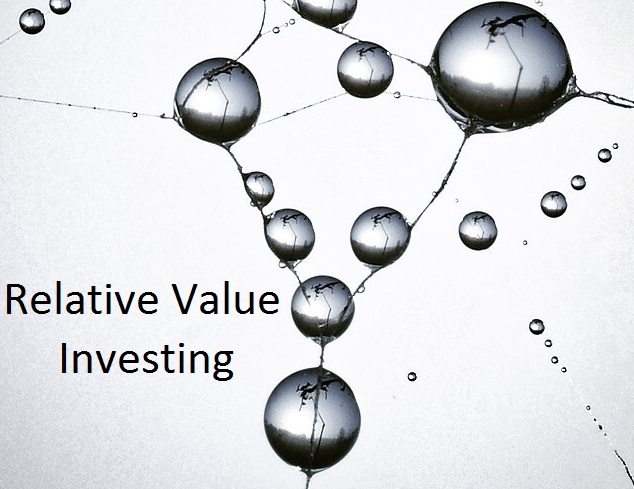Who is advising you and what is their motive?
When it comes to the horse race of life, self-interest will always win by a nose.
...difference between dreams and reality
The worst investments I have ever made were where the controlling interest motives were different to the investors. (I am part of a very sad chapter on venture capital). When you receive advice or a tip, a simple question to always ask yourself is 'what is their self-interest and does it align with yours', or is there a conflict? If you cannot satisfactorily reconcile that someone is working in your best interest, do not proceed. It is so easy to get wrapped up in an exciting idea, however one thing I do know is that there are more great ideas than managers to make them a success.
My grandfather used to say 'never make an investment until you check out the board'. It has taken me a long time to work this out but easily my most successful investments were made by following a key person, as opposed to my quantitative work.
Everything I am trying to say is best expressed in this quote from Morgan Housel of Collaborative Fund (sorry I can't find the link) -
"Investing is maybe 60% science, the rest art. Yes, it has numbers and formulas and rules. But the soft stuff you can’t measure or hardly even describe – the art of the business – makes all the difference in the world.
Building a valuation model is a science. Calibrating it to reflect the psychology of uncertainty is an art.
Gathering information is a science. Filtering out noise is an art.
Net present value is a science. Identifying the trust and passion of a CEO is an art.
Measuring what worked in the past is a science. Understanding why things are different now is an art.
It’s art because you can’t measure it or rely on a repeatable set of rules. Science has formulas. Art has fads. Science has calculations. Art has feelings. Science has laws. Art has eras. Science can be taught. Art has to be experienced. You can spend a lifetime proving the science of why something should or shouldn’t be, only to have the art part of the equation humble you into the ground."

